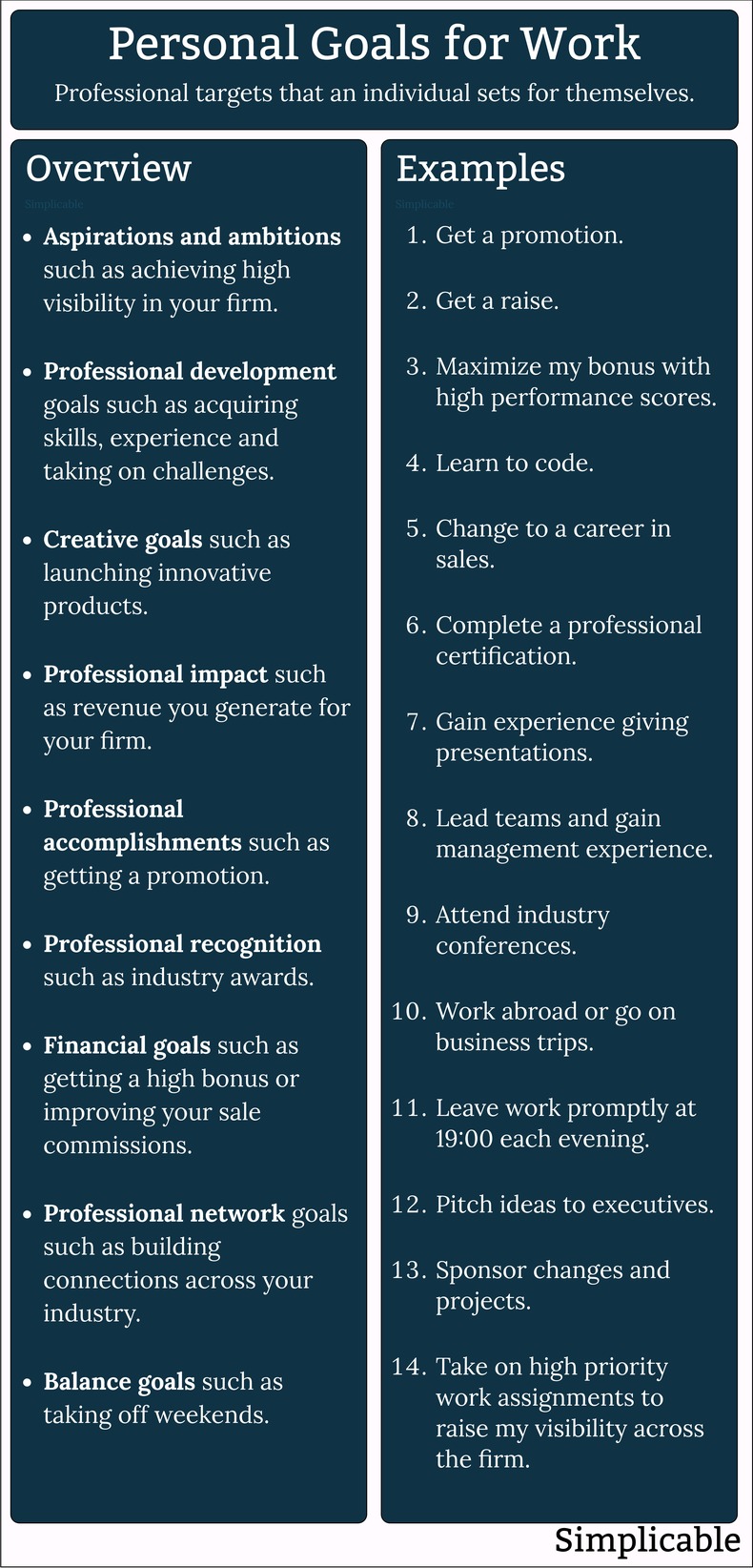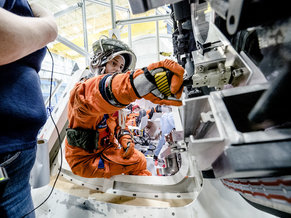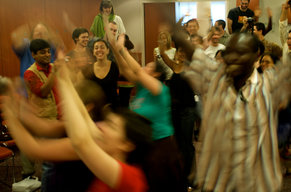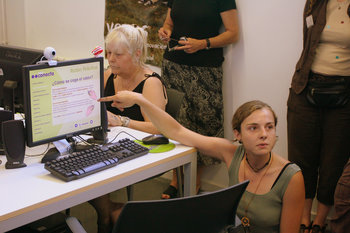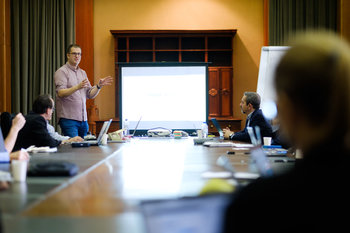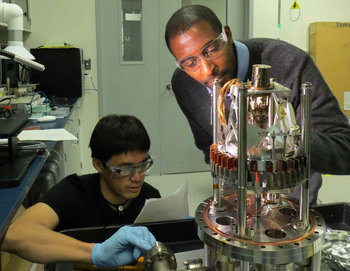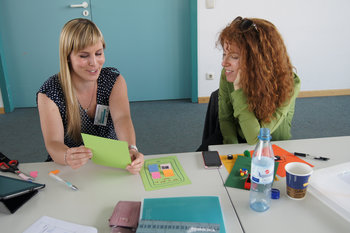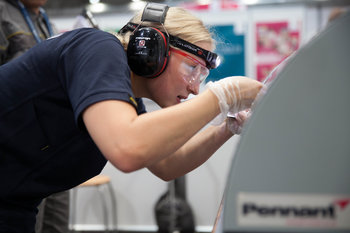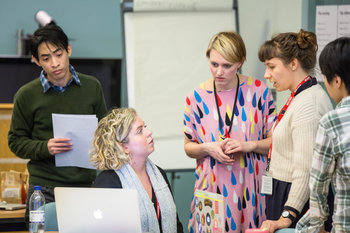
Complete professional training. | Gain public speaking experience. |
Improve presentations and visual communication. | Lead project teams. |
Gain management experience. | Improve product knowledge to close more sales. |
Learn a second language that’s relevant to your work. | Gain sales experience. |
Work directly with clients. | Attend industry events to build relationships. |
Manage small projects. | Learn to script or code. |
Advocate for customers in design meetings. | Improve service recovery skills. |
Prioritize to sideline low value work. | Manage stakeholder relationships to reject low value work. |
Lead to shape team culture. | Improve analysis skills. |
Work from the office to improve visibility. | Speak up in meetings to improve visibility. |
Take on important action items in meetings. | Deliver to commitments to build credibility. |
Work to design-out problems. | Challenge assumptions in meetings. |
Support the ideas of others in meetings. | Provide more constructive feedback. |
Get good at handling feedback even if it’s negative. | Work in two-hour focused sessions to boost productivity. |
Develop prototypes and business experiments. | Set aside 90 minutes a week for self-learning pursuits. |
Read books related to skills. | Read books related to your industry or profession. |
Regularly read industry publications. | Follow industry influencers in social media. |
Use social media to engage others in your industry and profession. | Pursue education such as an advanced degree. |
Work to improve safety on the job site. | Set clear boundaries between work and life. |
Gain cross-functional collaboration experience. | Engage business units to improve alignment. |
Engage technology teams to better understand systems. | Join more work events to become a part of things. |
Push in to high value projects. | Enlarge your job role by taking on more responsibilities. |
Increase number of professional connections. | Pitch ideas to management or executives. |
Solve important problems for your team. | Improve the quality of work deliverables. |
Respond to requests more quickly. | Train and support junior members of your team. |
Work more closely with clients to improve customer service. | Take initiative more to drive improvements. |
Improve work processes or procedures. | Improve work templates or standards. |
Become an agent of change who pushes projects forward. | Become more self-directed to clear issues without support. |
Sponsor changes and projects. | Contribute to annual strategy and planning. |
Set high professional standards for yourself. | Improve your meetings with a formal agenda and meeting minutes. |
Discussion
It is a common requirement that personal goals for work be designed to be SMART. This means that they need to be measurable and trackable such that it's clear when they've been completed. For example, "get better at presentations" isn't SMART but "complete 5 presentations in team meetings" is SMART because you can mark it as complete and measure this with stakeholder feedback. Personal goals for work are perhaps better known as professional development goals.The process of setting and communicating personal goals at work is an opportunity to communicate that you are ambitious and require support to make it to the next step in your career.Summary
Personal goals for work are targets that you set for your professional life and career such as developing new skills, career changes, building relationships, professional accomplishments and recognition.